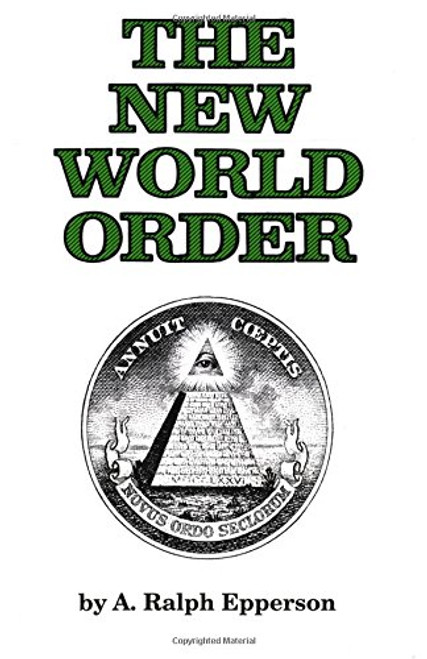Winner of the Spear's Best Business Book Award
Longlisted for the 2012 Financial Times and Goldman Sachs Business Book of the Year Award
For the past forty years western economies have splurged on debt. Now, as the reality dawns that many debts cannot be repaid, we find ourselves again in crisis. But the oncoming defaults have a time-worn place in our economic history. As with the crises in the 1930s and 1970s, governments will fall, currencies will lose their value, and new systems will emerge. Just as Britain set the terms of the international system in the nineteenth century, and America in the twentieth century, a new system will be set by today's creditors in China and the Middle East. In the process, rich will be pitted against poor, young against old, public sector workers against taxpayers and one country against another.
Longlisted for the 2012 Financial Times and Goldman Sachs Business Book of the Year Award
For the past forty years western economies have splurged on debt. Now, as the reality dawns that many debts cannot be repaid, we find ourselves again in crisis. But the oncoming defaults have a time-worn place in our economic history. As with the crises in the 1930s and 1970s, governments will fall, currencies will lose their value, and new systems will emerge. Just as Britain set the terms of the international system in the nineteenth century, and America in the twentieth century, a new system will be set by today's creditors in China and the Middle East. In the process, rich will be pitted against poor, young against old, public sector workers against taxpayers and one country against another.
In Paper Promises, Economist columnist Philip Coggan helps us to understand the origins of this mess and how it will affect the new global economy by explaining how our attitudes towards debt have changed throughout history, and how they may be about to change again.












